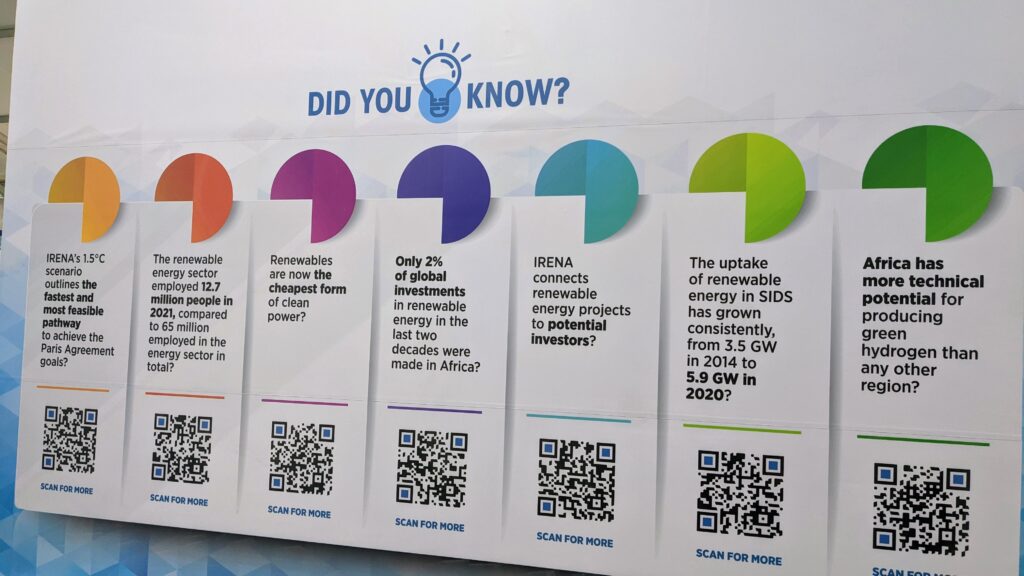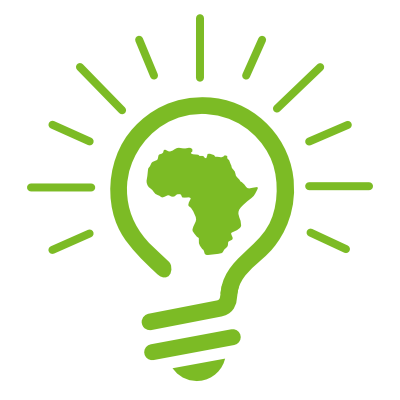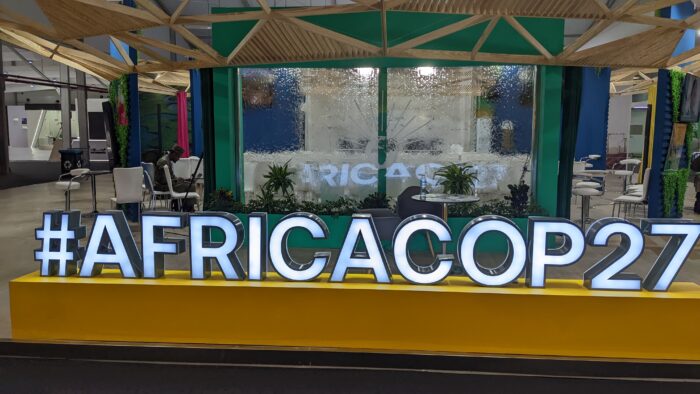Climate change has been a key discussion throughout November as the Intergovernmental Panel on Climate Change (IPCC) and Conference of the Parties (COP27) of the United Nations Framework Convention on Climate Change (UNFCCC) held their annual conferences to gather technical researchers, students, activists, various industry professionals, and Dignitaries to address the very imminent concerns around global climate resiliency. Topics included: financing structures, loss and damage, mitigation vs. adaptation, gender and intersectionality, the nuanced experiences of folks living in developing regions, and indigenous communities, as well as opportunities for innovative solutions for both micro and macro impacts.

Despite negligible contributions to climate change, African countries are already experiencing its dire consequences. An estimated $250 billion annual investment will be needed in conditional and unconditional financing between 2020 and 2030 to implement the Nationally Determined Contributions (NDCs) under the Paris Climate Agreement. However, the current reported annual climate finance inflows to the continent amount to a mere12% of the necessary estimation. Climate finance is undoubtedly one of Africa’s most significant challenges as Africa’s leaders navigate the implications to the future of global trade partnership, and sustainable development practices, while meeting the very present needs of the people. Some key takeaways from the COP27 discussions include:
- Financial systems should Increase ACCESSIBILITY to funds because availability does NOT equate accessibility; Increased financing at lower interest rates to borrowers will help level the playing field
- Financing structures should reconsider the practical implementation of Special Drawing Rights (SDRs)
- Energy financing systems/structures must move from TRANSACTIONAL to SYSTEMIC approaches backed by [contextual] DATA

We cannot advocate for just energy transitions across the African continent, without addressing a fundamental component; the true currency of change. Because, when all is said and done, we understand that money talks, and in this conversation of climate change mitigation and resiliency we must acknowledge the responsibility of those who caused the burden at hand. Moreover, we must hold them accountable for what is owed to equitably address the issue. Whether the conversation lies within the Africa Union’s authority or with the African Development Bank, the standardization of the currency of financial support across the African markets must be a prioritized discussion if we are to see sustainable development from coast to coast.
#AfricaEngineeringNews #OwnTheNarrativeAfrica #AfricaCOP27 #COP27 #CleanAirTaskForce



